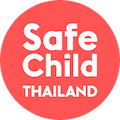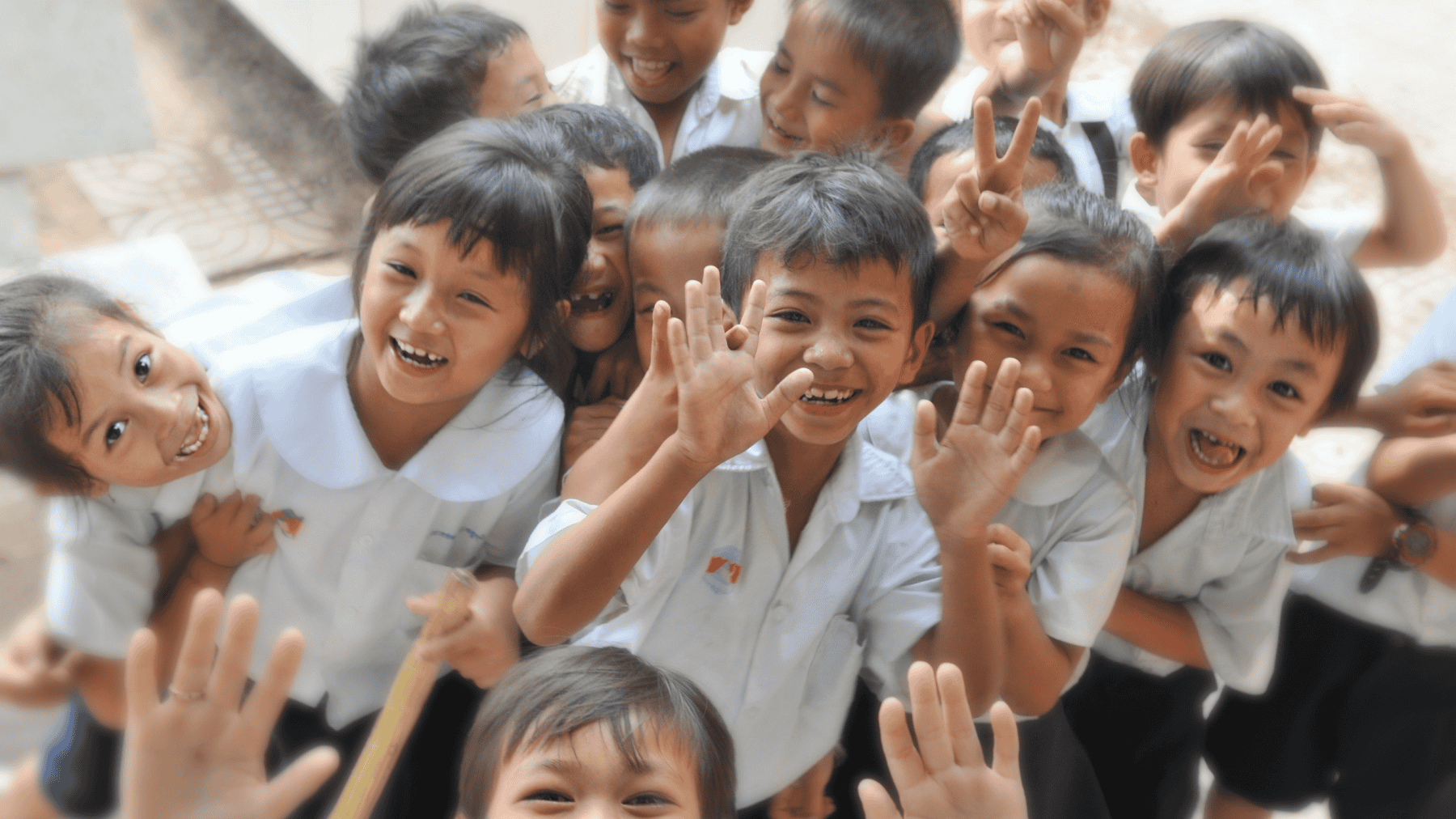OUR VISION
A Thailand where children are safe and their rights protected. At home, at school and in the community.
OUR MISSION
We will work with families, schools and community organisations, to ensure that children have access to services that protect them from harm and empower them to access safe and equal opportunities.
OUR GUIDING PRINCIPLES
CHILDREN ARE RIGHTS HOLDERS
The way we help children is informed by the United Nations Convention on the Rights of the Child (1989) and the United Nations Guidelines for the Alternative Care of Children (2009). We follow the four guiding principles of the Convention on the Rights of the Child, basing our strategies and activities in the beliefs that:
- Children have the right to have their views heard in all matters affecting them
- All actions concerning children should take the child’s best interests into account
- All children are entitled to the same rights without discrimination
- Children have the right to survival and to develop to their full potential
WE DO NOT TOLERATE ANY FORM OF CHILD ABUSE
We do not tolerate child abuse. We are committed to improving the practices of our partners and ourselves to prevent child abuse, including but not limited to physical, emotional, sexual, or online abuse, and neglect.
OUR ACTIONS ARE BASED ON EVIDENCE
As an organisation, our projects and decisions are based on research and evidence, in the fields of child development and social work. We understand that an appreciation of the local context is vital, and act to ensure that academic understandings are applied in a contextually appropriate and culturally respectful way. We are dedicated to proper monitoring and evaluating practices, to ensure that we make decisions based on proven evidence and lessons learned.
OUR WORK IS LED BY LOCAL EXPERTS
We recognise our position as a capacity building organisation, with involvement in projects to support in-country partners to deliver grassroots solutions. This comes from a belief that the best people placed to affect change in local communities are the community members themselves. All of our work is informed by the knowledge, experience, and guidance of local experts, practitioners and community members.


